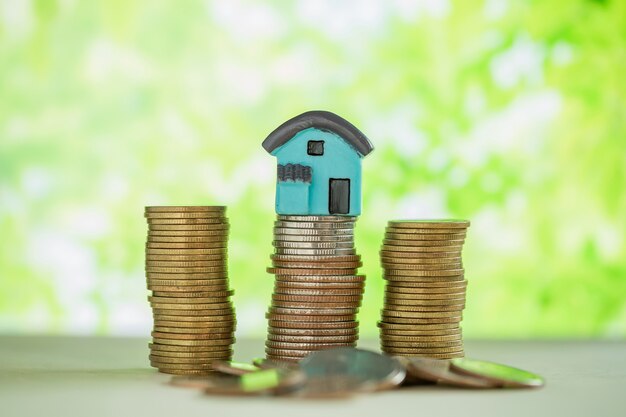Deciding the Best Path: Paying Off Your Mortgage vs. Refinancing

When you buy a home with a mortgage, the looming thought of that debt over many years can be daunting. Naturally, you might want to pay off your mortgage as soon as possible. But before deciding to use your inheritance, savings, or other funds to clear it, consider whether it makes more sense to pay off the mortgage or refinance it.
Some people use a mortgage accelerator calculator and realize that the interest saved might not outweigh the potential earnings from investing that money elsewhere. For some, it’s not just about returns on investment but the peace of mind that comes from being free of such a heavy financial burden.
If paying off your mortgage early is what you desire, here are a few things to consider:
– Would investing elsewhere yield better returns than paying off your mortgage? Every option carries risks, so think carefully about which risks you’re willing to take. It might be wiser not to pay off your mortgage early if you can invest the money more profitably.
– Will paying off your mortgage leave you strapped for cash? Before using a large portion of your wealth to pay it off early, check your liquid assets. You don’t want to end up cash-poor because you’ve settled your mortgage too quickly.
– Is peace of mind important to you? For many, peace of mind is a big deal. Being mortgage-free can offer significant relief, particularly if you want to avoid monthly payments as you approach retirement.
If you’re thinking about refinancing your mortgage, keep these points in mind:
– Refinancing often means you save on interest costs. Mortgage rates are typically lower than rates for other loans like credit cards or personal loans.
– Rate and term refinance: This allows you to replace your mortgage with a new loan at a different rate and term. Your old loan gets paid off, and you start fresh with the new one. Ideally, the new loan has a lower interest rate, helping you save money and pay off other high-interest debts.
– Cash-out refinance: Here, you pay off your original mortgage and get the remaining equity in cash, which can be used for other debts. To qualify, you’ll need a good credit score and sufficient home equity.
– Pay off your mortgage in 5-7 years with HELOC: A Home Equity Line of Credit (HELOC) lets you use 100% of your monthly income to pay down your principal faster, typically within 5-7 years.
Consider the downsides of refinancing:
Refinancing only makes sense if the benefits outweigh the costs in the long run. For instance, if you’re reducing your monthly payments by $200 to better manage expenses, refinancing might be beneficial. But, if your goal is to lower the overall cost of your mortgage and refinancing increases that cost, it might not be worth it.
Even with a lower rate, your new loan might increase your overall mortgage cost if you:
– Extend your payments too long. Time is crucial in interest payments. Starting over with a new 30-year loan adds a lot of time.
– Take cash out for short-term needs. Borrowing against home equity is best for long-term goals like education or home improvements. It’s not advisable for short-term needs like vacations or everyday expenses.
– Plan to move soon. It takes time to recoup the upfront costs of refinancing. Selling the house and paying off the mortgage soon after might prevent you from realizing the savings potential of your new loan.
Is a lower interest rate enough to justify refinancing despite these challenges? That ultimately depends on your financial situation.
Share this content:


